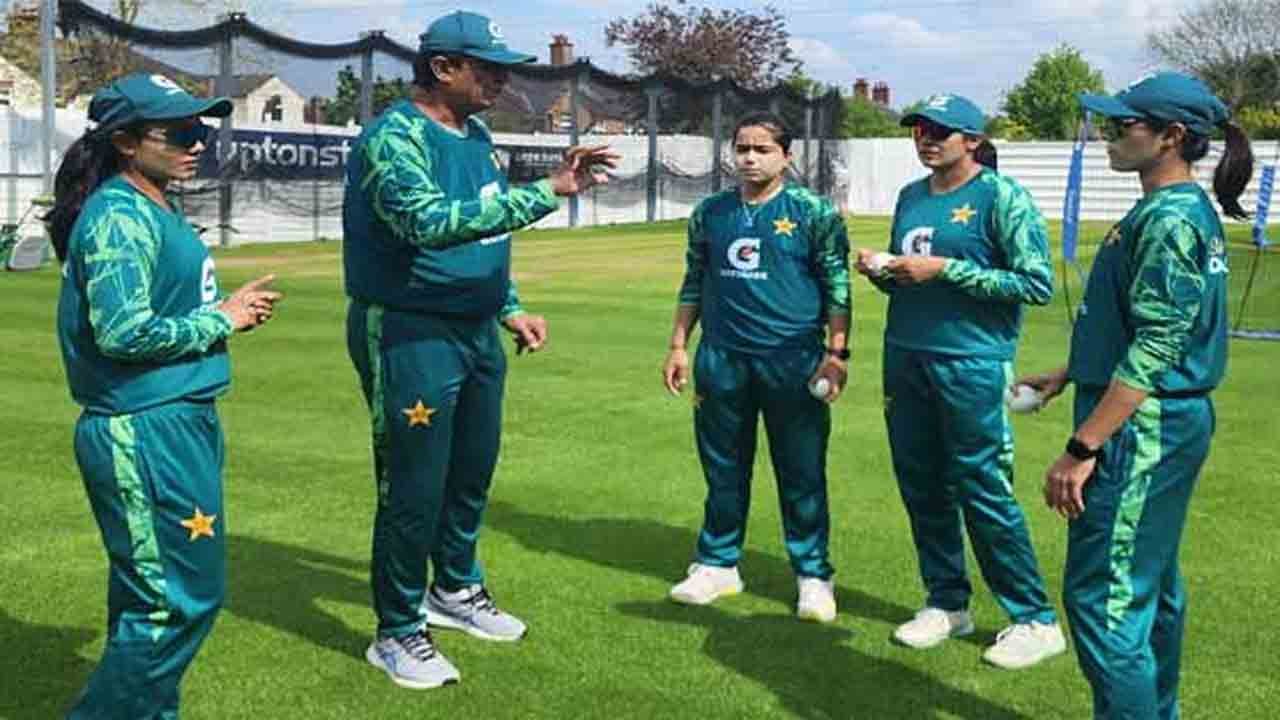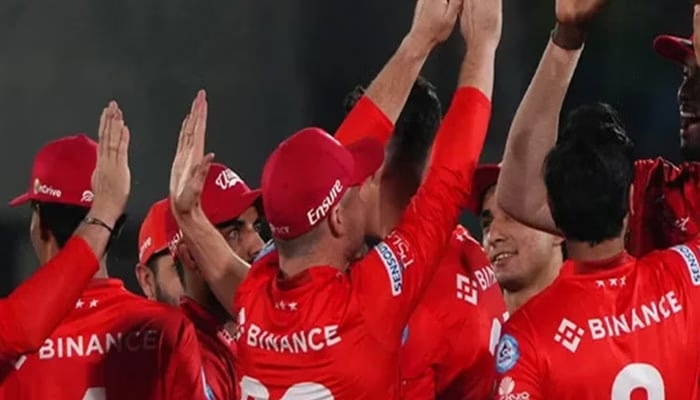The recent Asia Cup cricket tournament has once again highlighted the fragile relations between Pakistan and India, both on and off the field. A simple handshake dispute between players escalated into heated moments during the matches, ultimately leading both cricket boards to file formal complaints with the International Cricket Council (ICC). The controversy has now become a major test for the ICC to demonstrate its neutrality and uphold the spirit of the game.
Asia Cup Cricket Sparks New Controversy
During the Asia Cup cricket fixtures, tensions boiled over when players from both sides engaged in verbal exchanges and provocative gestures. The Pakistan Cricket Board (PCB) lodged a complaint against Indian cricketer Suryakumar Yadav for making political statements during a press conference, while the Board of Control for Cricket in India (BCCI) filed complaints against Pakistani players Haris Rauf and Sahibzada Farhan for on-field celebrations deemed against the spirit of cricket.
Match referee Richie Richardson took immediate notice of the matter, reviewing video recordings and hearing testimonies from the involved parties. With the ICC expected to announce formal action within 24 hours, this controversy has become a defining moment in how the governing body handles sensitive disputes in high-profile tournaments like the Asia Cup cricket.
ICC Reviews Pakistan’s Complaint Against Suryakumar Yadav
The PCB’s complaint focused on remarks made by Suryakumar Yadav, who allegedly linked his comments to Operation Sindoor and the Pahalgam incident. According to reports, ICC officials showed him video recordings during a meeting in Dubai, after which he admitted his mistake. Sources confirm that Yadav has been cautioned against making political statements in the future, as they risk damaging the global reputation of cricket.
The ICC is now reviewing Pakistan’s complaint in detail. If found guilty, Suryakumar Yadav could face fines and demerit points, which would add further pressure on India during the ongoing Asia Cup cricket.
BCCI Complains Against Haris Rauf and Sahibzada Farhan
On the other side, the BCCI submitted a formal complaint against Pakistani players Haris Rauf and Sahibzada Farhan, citing provocative on-field gestures. According to reports, Haris Rauf made “jet crash” gestures in response to chants from Indian spectators, while Sahibzada Farhan celebrated his half-century with a gunfire gesture.
The BCCI argued that these actions violated the spirit of the game, providing video evidence to match referee Andy Pycroft. If the players deny the charges in writing, a full hearing will be held under Richie Richardson’s chairmanship.
Such incidents add further tension to an already heated rivalry, with Asia Cup cricket once again becoming a flashpoint for political and sporting disputes between the two countries.
ICC’s Role Under Global Scrutiny
The Asia Cup cricket controversy has placed the ICC under immense pressure to prove its credibility as a global governing body. Critics argue that the ICC has often been influenced by larger cricketing boards, particularly the BCCI, given India’s financial clout in the sport. This case provides a critical opportunity for the ICC to demonstrate fairness by handling complaints from both sides transparently.
Recent statistics show that cricket viewership between Pakistan and India remains one of the highest globally, with over 300 million viewers tuning in during their Asia Cup 2023 clash. This massive audience not only highlights the importance of fair play but also underscores the responsibility of the ICC in ensuring that such matches remain focused on cricket, not controversies.
The Bigger Picture: Spirit of Cricket in Question
The spirit of cricket has often been tested in high-voltage matches between Pakistan and India. From sledging to political undertones, the fierce rivalry frequently spills beyond the boundary ropes. The current Asia Cup cricket handshake dispute illustrates how even minor gestures can escalate into full-blown controversies when tensions are already high.
Players, being role models for millions, have a responsibility to maintain professionalism on the field. While emotions run high in such matches, crossing the line with political remarks or provocative gestures risks overshadowing the essence of the sport.
Possible Outcomes of the Case
With hearings underway, the ICC’s decision will set an important precedent. If Suryakumar Yadav faces fines or demerit points, it will serve as a warning against mixing politics with cricket. Similarly, if Haris Rauf and Sahibzada Farhan are penalized for their celebrations, it will underline the ICC’s emphasis on maintaining discipline and respect on the field.
The decisions will not only impact the players involved but also shape how future Asia Cup cricket tournaments are managed in terms of player conduct and cross-border rivalries.
The ongoing Asia Cup cricket controversy between Pakistan and India has become more than just a sporting matter. With both boards filing complaints against each other, the spotlight is firmly on the ICC to act fairly and decisively. The outcome of this case will influence not only the players involved but also the credibility of cricket’s global governing body.
As millions of fans eagerly await the ICC’s ruling, one thing is clear: cricket must remain a game that unites rather than divides. Ensuring discipline, fairness, and respect is essential for preserving the integrity of Asia Cup cricket and the sport as a whole.



